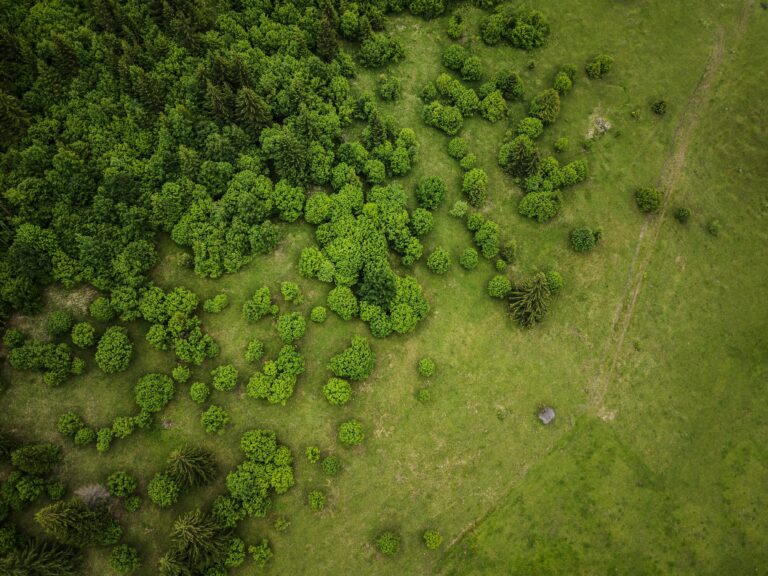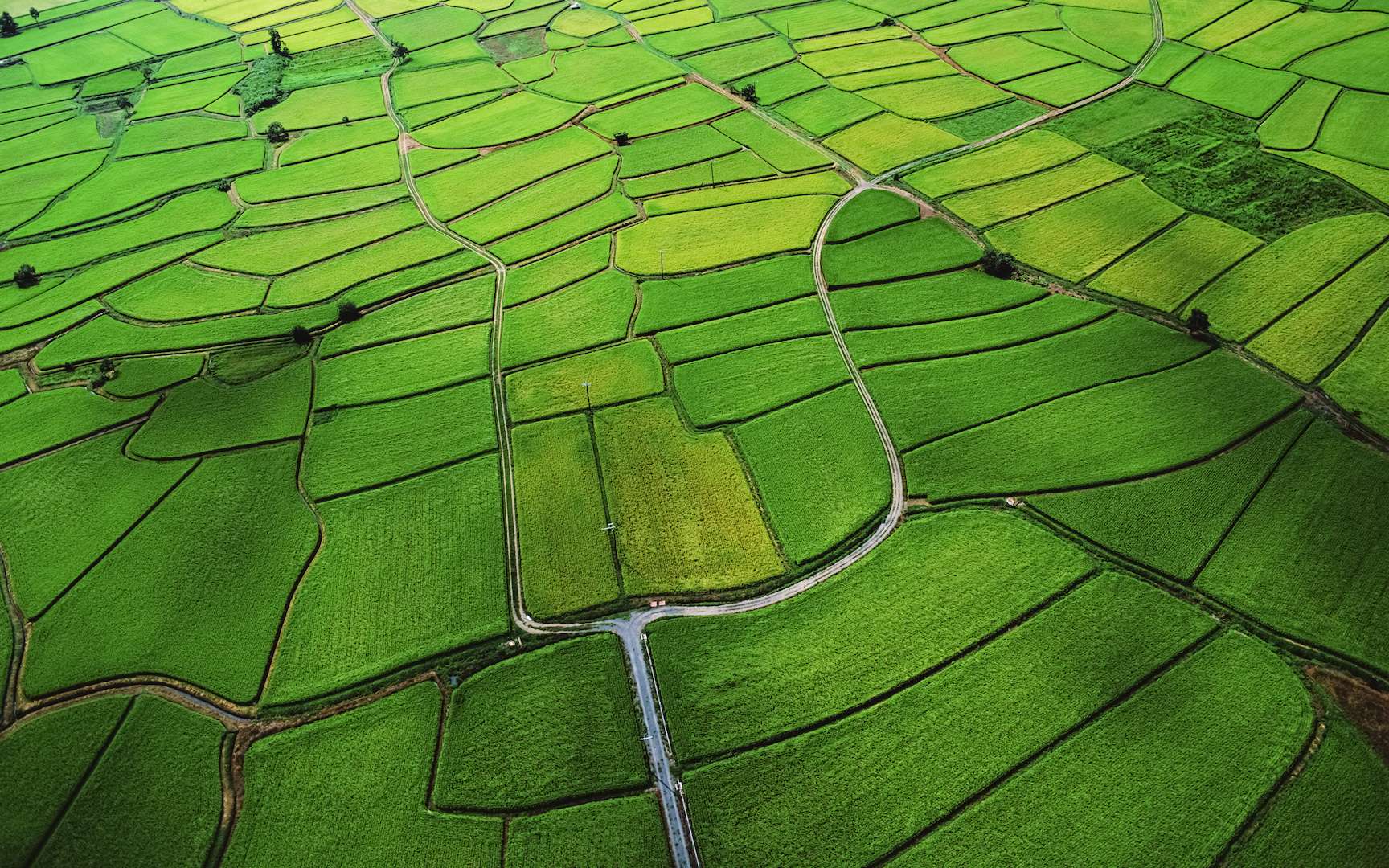Meaning of Gaia
Greek Goddess
- Gaia is the primordial Greek goddess of Earth.
- Her name derives from the ancient Greek word “Γαῖα” (Gāía), which means “earth” or “ground.”
- She is a central figure in Greek mythology, representing the foundational element upon which all life and civilization arose.
- Gaia is often depicted as an old woman, sometimes crowned with flowers or olive branches, symbolizing her nurturing and bountiful nature.
- Her image evokes the vastness, fertility, and enduring strength of the Earth.
- In Greek mythology, Gaia emerges as a primordial being, existing before the gods and the universe as we know it.
- She is said to have given birth to Uranus (the sky), Pontus (the sea), and many other primordial entities without the need for a consort.
- Through her union with Uranus, Gaia gave birth to the Titans, powerful deities who ruled before the Olympians.
- Gaia’s role in Greek mythology extends beyond her physical representation as Earth. She embodies the interconnectedness of all living things and the fundamental forces that sustain life.
- She is associated with fertility, growth, abundance, and the cyclical nature of birth, death, and rebirth.
- Her presence serves as a reminder of our deep connection to the natural world and the importance of respecting and preserving the Earth’s resources.
Earth Personified
- Gaia, pronounced GAY-ah, is the ancient Greek personification of Earth.
- She is a primordial deity, one of the first beings to emerge in the universe according to Greek mythology.
- In classical Greek tradition, Gaia emerged from chaos, the void that existed before creation. She represents the fertile ground from which all life springs forth.
- Gaia’s name is derived from the ancient Greek word gaia, meaning “earth” or “ground.” This connection to the physical world is central to her character and significance.
- She is often depicted as a beautiful woman with flowing hair, adorned with flowers and plants.
- Parent of the Titans: Gaia was the mother of many important primordial deities, including the Titans, powerful beings who ruled over various aspects of nature.
- Wife of Uranus: She was also the wife of Uranus, the god of the sky. Together, they gave birth to a vast array of other gods and creatures.
- Mother of Zeus: One of Gaia’s most famous offspring is Zeus, the king of the gods, whom she helped overthrow Uranus.
- Beyond her role as a creator deity, Gaia embodies the concept of motherhood and nurturing.
- She represents the life-giving power of the Earth, providing sustenance and shelter to all living things.
- Her image has been used throughout history to symbolize fertility, abundance, and the interconnectedness of nature.
- In modern times, the term “Gaia” has gained new meaning through the work of scientist James Lovelock, who proposed the Gaia hypothesis.
- This theory suggests that Earth is a self-regulating system, with all living organisms working together to maintain the planet’s habitable conditions.
- Lovelock drew inspiration from ancient myths like that of Gaia to illustrate his idea that the Earth functions as a single, interconnected organism.
Origin of the Name
Ancient Greek Roots
The name “Gaia” carries a rich history and profound significance rooted in ancient Greek mythology and philosophy.
Originating from the ancient Greek word “Γαῖα” (Gaea), which means “earth,” Gaia personified the primordial Earth goddess. She represented the fertile ground, the life-giving force of nature, and the foundational element upon which all other gods and creatures were born.
In Greek mythology, Gaia emerged as a self-created entity, existing before the heavens and seas.
She was the mother of many primordial deities, including Uranus (sky), Pontus (sea), and Ophion (serpent).
Her union with Uranus produced the Titans, powerful beings who ruled the universe in the early stages of creation.
Gaia’s role extended beyond motherhood; she was a symbol of fertility, abundance, and the cyclical nature of life and death.
She was often depicted as a fertile earth mother surrounded by plants, animals, and her children, representing the interconnectedness of all things.
The name “Gaia” has transcended its mythological origins to become a widely recognized symbol of our planet Earth.
In modern usage, it evokes a sense of environmentalism, sustainability, and the importance of preserving our natural world.
The Gaia hypothesis, proposed by scientist James Lovelock in 1972, posits that the Earth is a self-regulating system, akin to a living organism, with all its parts interconnected and interdependent.
This concept further emphasizes the deep connection between the name “Gaia” and our understanding of the planet.
Influence on Mythology
Gaia is a name of Greek origin, derived from the ancient Greek word “Γαῖα” (Gaia), meaning “Earth.”
In Greek mythology, Gaia is the primordial goddess of Earth. She is considered the mother of all living things and is often depicted as a majestic woman surrounded by plants, animals, and mountains.
The name Gaia carries a powerful symbolism associated with nature, fertility, and creation.
Gaia’s influence on mythology extends far beyond her role as a mother goddess:
- She is the embodiment of the Earth’s power and vitality, representing its ability to nurture and sustain life.
- Gaia gave birth to Uranus (Sky), who together became the parents of the Titans. This cosmic union established the foundations of the universe in Greek mythology.
- Her children’s stories illustrate the complex relationships between nature forces, power struggles, and the cyclical nature of creation and destruction.
- Gaia’s influence is also seen in the personification of other Earth-related elements, such as rivers, mountains, and forests.
History of the Name’s Usage
Classical Antiquity
The name Gaia derives from the ancient Greek word “Γαῖα” (Gaia), pronounced /ˈɡa͜i̯ɑː/.
In Greek mythology, Gaia was the primordial goddess of Earth. She emerged from Chaos, the void that existed before creation, and gave birth to Uranus (Sky), Pontus (Sea), and the Titans. Her name represents the very ground beneath our feet, embodying fertility, abundance, and the life-giving power of the natural world.
The earliest known written use of “Gaia” appears in Homer’s epic poems, the Iliad and the Odyssey, where she is revered as a powerful deity.
Throughout Classical Antiquity, Gaia remained an important figure in Greek religion and mythology. She was associated with numerous other deities and phenomena, including Demeter (agriculture), Aphrodite (love and beauty), and Hecate (witchcraft and magic).
Her cult spread throughout the Mediterranean world, with temples dedicated to her in various cities, including Athens, Sparta, and Corinth.
The Romans adopted Gaia’s name and concept, identifying her with their own goddess Terra. Both goddesses were revered for their role in providing sustenance and supporting life on Earth.
Beyond religion and mythology, the word “Gaia” also had practical applications. It was used to refer to the land itself, as well as to agricultural products and resources derived from it.
The name’s enduring legacy is evident in its continued use today. Not only is it a popular given name for girls, but it has also been adopted by scientists and environmentalists as a symbol of our planet Earth.
Modern Revival
Gaia, a name steeped in ancient mythology and resonating with a sense of nature’s primordial power, has witnessed both a decline and a resurgence in popularity throughout history.
In its earliest usage, Gaia held profound significance within Greek cosmology. As the personification of the Earth, she represented the foundation of all creation, the mother of heaven (Uranus) and sea (Pontus), and the grandmother of the Olympian gods. Her name, derived from the Proto-Indo-European root “gʰe-” meaning “earth,” echoed the very essence of her being – fertile, nurturing, and eternally enduring.
While Gaia’s presence loomed large in Greek mythology, her name did not find widespread use as a given name during antiquity. Her significance was primarily confined to the realm of religious and philosophical discourse.
Fast forward through the centuries, and Gaia’s name experienced a gradual resurgence in the late 20th century, largely fueled by the growing environmental movement. As awareness of Earth’s fragility and the importance of ecological balance increased, Gaia became a symbol of reverence for nature and a call to protect our planet.
The feminist movement also played a role in Gaia’s modern revival. Her association with feminine power, creation, and nurturing resonated with the desire for female empowerment and a reconnection with ancestral wisdom.
Today, Gaia stands as a name imbued with both ancient mythology and contemporary relevance. It evokes images of lush landscapes, interconnectedness, and the enduring spirit of our planet.
The name’s popularity continues to rise, reflecting a growing appreciation for nature and a desire to honor the Earth as a source of life and inspiration.
- Best LeadsGorilla Alternatives for 2025 - April 26, 2025
- Best Overloop Alternatives for 2025 - April 25, 2025
- Best Lead411 Alternatives for 2025 - April 25, 2025


